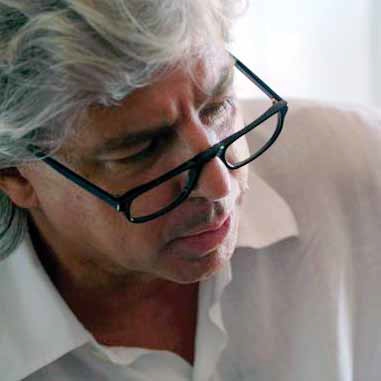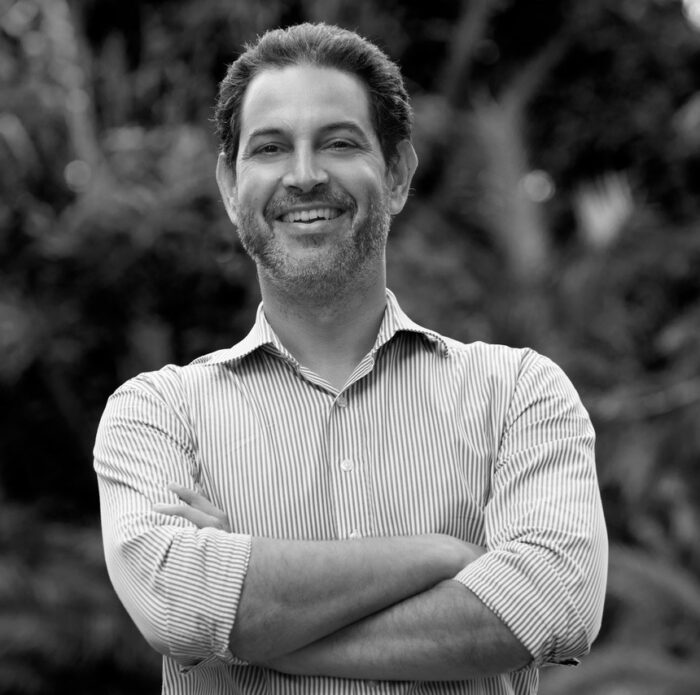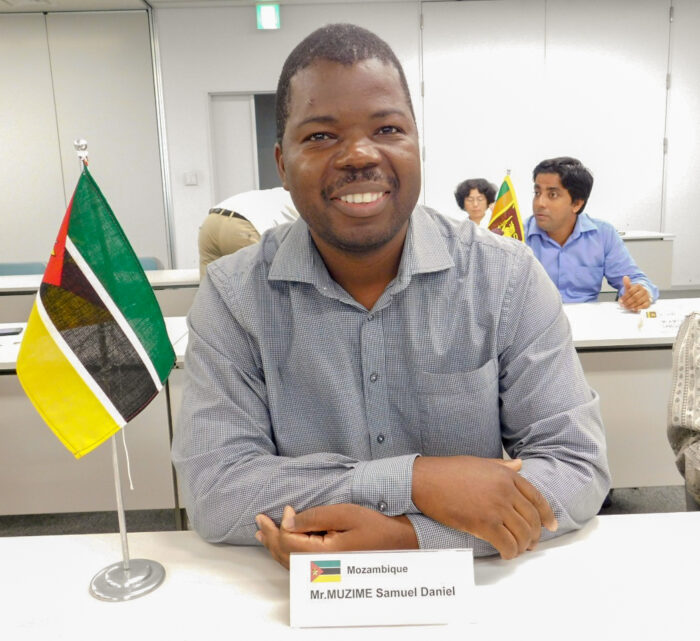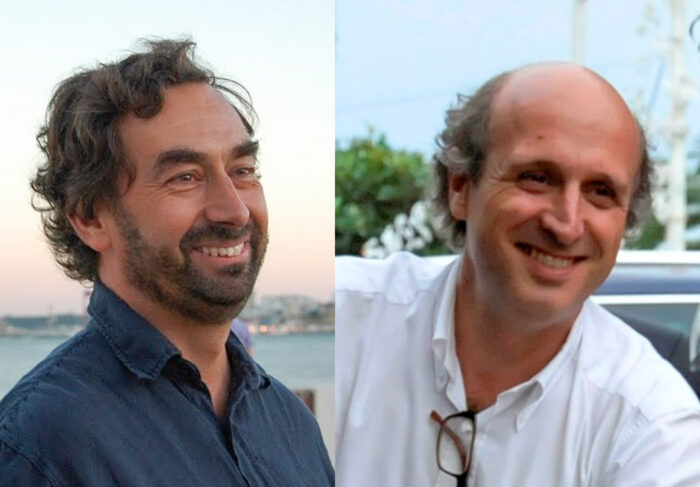A conversation with Arch. Paulo David

A conversation with Arch. Paulo David
‘It can be more exciting to build a home for a friend in my village, than to build a tower on 5th Avenue in New York for unknown users’
Your architecture is fully rooted in the geography of Madeira. Where does this healthy obsession with the archipelago come from?
In a way yes, especially the built one. The so-called “healthy obsession” starts from a simple and clear condition: I was born and live in the archipelago. This exercise of a continued presence in a given place immediately calls for a relationship of magnetism to that very place. It structures systems of affects and, as we do not live without these systems, we take root in a place, in a sense that triggers amazement. Like a large tree, which is fixed on a support, with roots that plunge into the ground, with slender and extensive branches spread in all orientations. Thus the tree of life is born.
Alvar Aalto jury said that “the buildings designed by Paulo David can be considered both landscape and architecture”. How do you achieve this perfect fusion between the work and nature?
I don’t know if I can, I am always in the passionate uncertainty of finding support on the landscape platform. Architect Paulo Mendes da Rocha says that “geography is the first architecture”. Crystallizing this geography, in an exercise of architecture that, in itself, reveals a great transformation action, without measuring one over the other, can be a purpose. That is, architecture does not need to be more a protagonist than nature itself. The landscape is this whole, artifice and nature. If my exercise of architecture answers this equation, I am naturally satisfied.
Do you feel an increased responsibility towards your region knowing that architecture in Madeira has an important role in the tourism economy?
Architecture must always play an important role in all economies, otherwise it does not justify doing it. Right from the start, the great importance of architecture is to structure a life’s economy for people, its purpose is to propose life. Tourism, being the first expression of the economy, is of great importance. It is a “parasitic” economy, it lives on the excellence of places, so it is up to us to prolong and not damage these places. Architecture plays a crucial role because it is constantly responding to that purpose, structuring new existing landscapes, without damaging these motivating places to visit.
What are the biggest difficulties you encounter from making architecture in a peripheral location? In this context of crisis in which we live, is it being more difficult to have local demand?
It is outermost. To do architecture here is to be on the periphery of the outermost regions. But geography does not condition thinking. It can condition the construction, in limit, but this contingency can be a locomotive to do. George Perec writes a book without using a vowel. This is a good reference, as all counterparts can lead to an architecture where conditionalities become opportunities. This leads our thinking to an unexpected creative wealth. The crisis is one more contingency. And architecture has always resisted them all.
Can younger architects survive without looking for work outside the archipelago? Are you concerned that they leave the region?
The archipelago is a geographical point like any other. It is possible to be here and work elsewhere, today this problem does not arise. There are a whole range of technical conditions for living in one place and doing work in another part of the world. We are facing a vast territory of connections and mobility. Living on an island is not exactly being an island. Let me tell you an interesting relationship: in the history of local music, with the emigration of Madeirans to various parts of the world, some moved to Hawaii, where they transported a typical musical instrument, the rajão, which ended up influencing the music of that region. On its return, that instrument came with one more string, which also ended up influencing the traditional music of the island. I don’t worry about the architects leaving the region. It can cause inconvenience, at best, their not returning.
The last architect I interviewed, José Forjaz, said he feels at home working anywhere in the world. Arch. Paulo David is not, or has ever been, interested in doing projects on the continent or abroad?
It can be more exciting to make a home for a friend in my village than to make a tower on 5th Avenue in New York for unknown users. However, I am always leaving the region in different ways, in the context of exhibitions, publications, conversations or travel.
After several awards, you received the Alvar Aalto Medal this year. Regardless of the importance of the awards, what does it mean to you to know that you are recognized for your contribution to architecture?
I have already had the opportunity to affirm that I do not take into account that importance, even because it is vague when only referring to one person. There is a greater contribution from a larger orchestra. I often say that there are no good architects without good owners. Recognition has, from the start, this contribution of transmitting a certain consideration for a work, at the limit, for a path. I am convinced that any architect can do an excellent work at least once in his lifetime. The big challenge is to do it continuously. Having two great works is extraordinary. But a big contribution can also go by deciding not to do it. At the present time, where there is a desperate need to build, deciding not to do is as important as doing well. If an architect thinks he is not going to add value, he can and must say no. I am more excited about this contribution of architecture, the ability to add value to a place. Installing generosity and wisdom in the ethical process of intervention is a major obligation.
This interview is part of the Artes & Letras Magazine # 30, April 2012
Partially automatic translation from portuguese: some expressions may differ from their actual meaning.
News & Interviews
A conversation with Arch. Dunga Rebelo
'Working in Mozambique means being involved in structuring projects and having an impact on the country's development. Opportunities are constantly changing, requiring a transformation, which is very attractive ' Read more
A conversation with Eng. Samuel Muzime
'The main challenges of CFM are: to be a regional reference in cargo transport at a competitive price and with safety, having infrastructures with continuous modernization and well-trained and motivated personnel' Read more
A conversation with Arch. Pedro Ravara and Arch. Nuno Vidigal
'The relationship with the students is fascinating and fundamental in order to stay "up to date". They are our best specialty magazine'. Read more




